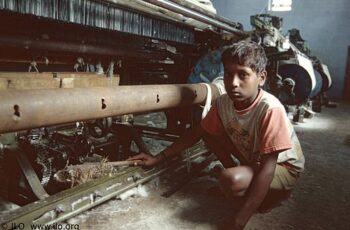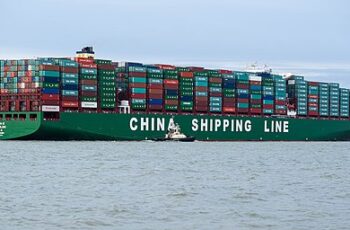
The Banana Wars: A Bitter Battle Between the American Fruit Company and the World
By Stefan
Date: August 22, 2024
In the annals of global trade, few conflicts have been as peculiar and far-reaching as the “Banana War.” At the heart of this prolonged economic and political struggle was the American Fruit Company (AFC), a corporate behemoth whose influence extended far beyond the tropics where bananas grow. This conflict, which spanned decades, involved a complex web of trade disputes, political interventions, and allegations of corporate malfeasance, painting a picture of how the humble banana became a symbol of imperialism, exploitation, and resistance.
The Rise of the American Fruit Company
Founded in the late 19th century, the American Fruit Company quickly grew into a dominant force in the global banana trade. With its headquarters in the United States, the company capitalized on the growing demand for bananas in North America and Europe. The fruit, once considered exotic, became a staple on breakfast tables, thanks in no small part to AFC’s aggressive marketing and distribution strategies.
AFC’s power was rooted in its control over vast tracts of agricultural land in Central and South America. The company’s operations were marked by a vertically integrated model—owning plantations, railroads, shipping fleets, and ports. This dominance allowed AFC to dictate terms to local governments, often at the expense of the local populace.
The Seeds of Conflict
The “Banana War” was not a singular event but a series of trade disputes and political conflicts that erupted over the course of the 20th century. The term first gained prominence in the late 1990s when the European Union (EU) introduced preferential trade agreements favoring banana imports from former colonies in Africa, the Caribbean, and the Pacific (ACP nations). These agreements were meant to support developing economies but were seen by AFC and the United States government as discriminatory and a violation of World Trade Organization (WTO) rules.
The U.S., acting on behalf of AFC and other American banana producers, launched a formal complaint with the WTO. The ensuing trade dispute was marked by tariffs, sanctions, and retaliatory measures that strained relations between the U.S. and the EU. The “Banana War” escalated into a broader battle over global trade rules and the influence of multinational corporations.
The Impact on Latin America
While the trade dispute grabbed headlines in Brussels and Washington, the real impact of the Banana War was felt in the banana-producing regions of Latin America. The American Fruit Company’s influence in countries like Guatemala, Honduras, and Costa Rica was so profound that these nations were often referred to as “banana republics”—a term denoting their economic dependence on a single crop and the outsized influence of foreign corporations.
In many cases, AFC’s operations in these countries were marked by labor exploitation, environmental degradation, and political interference. The company was accused of using its financial power to sway local governments, suppress labor unions, and maintain favorable tax regimes. For the workers who toiled in the banana plantations, the promises of economic development were often overshadowed by poverty, poor working conditions, and limited opportunities for upward mobility.
The Resolution and Aftermath
The Banana War officially came to an end in 2001 when the EU and the U.S. reached a compromise. The EU agreed to gradually phase out its preferential treatment of ACP bananas, while the U.S. dropped its sanctions. However, the legacy of the Banana War lingered, exposing the deep inequities in global trade and the challenges faced by developing nations in the global economy.
For the American Fruit Company, the resolution of the Banana War marked a turning point. The company, facing growing criticism and scrutiny, rebranded itself, divested some of its assets, and pledged to adopt more sustainable and ethical practices. However, critics argue that these changes were largely cosmetic and did little to address the systemic issues that had fueled the conflict in the first place.
A Broader Legacy
The Banana War was more than just a trade dispute; it was a reflection of the broader dynamics of globalization, where powerful multinational corporations can exert enormous influence over nations and their economies. It highlighted the vulnerabilities of small, developing countries that depend on a single export commodity and the complex interplay between trade policies, corporate interests, and national sovereignty.
Today, the story of the Banana War serves as a cautionary tale about the consequences of unchecked corporate power and the need for a more equitable global trade system. As consumers, we are reminded that the true cost of the bananas on our grocery shelves may be far higher than we realize, borne by the workers and communities who produce them.
Conclusion
The Banana War, with the American Fruit Company at its center, was a battle that shaped the global banana industry and left a lasting impact on international trade relations. It serves as a stark reminder of the complex forces at play in the global economy and the need for vigilance in ensuring that the benefits of trade are shared more equitably across all nations.
For a more detailed explanation, please watch the accompanying video on the next page.


